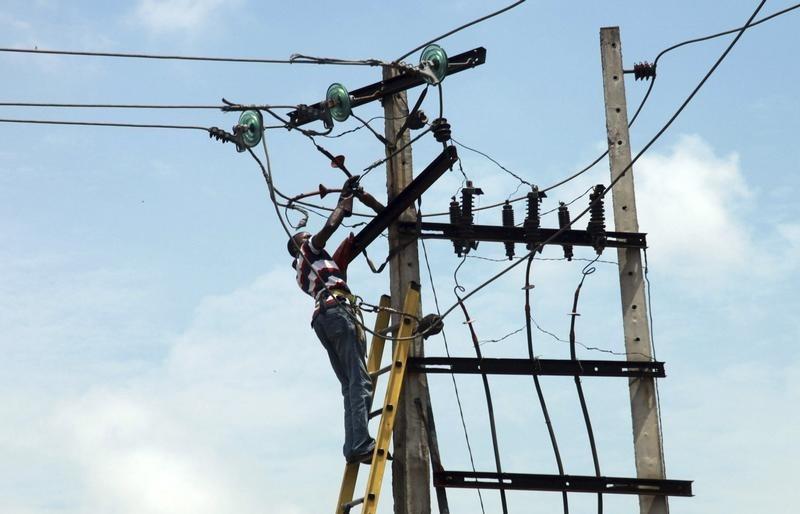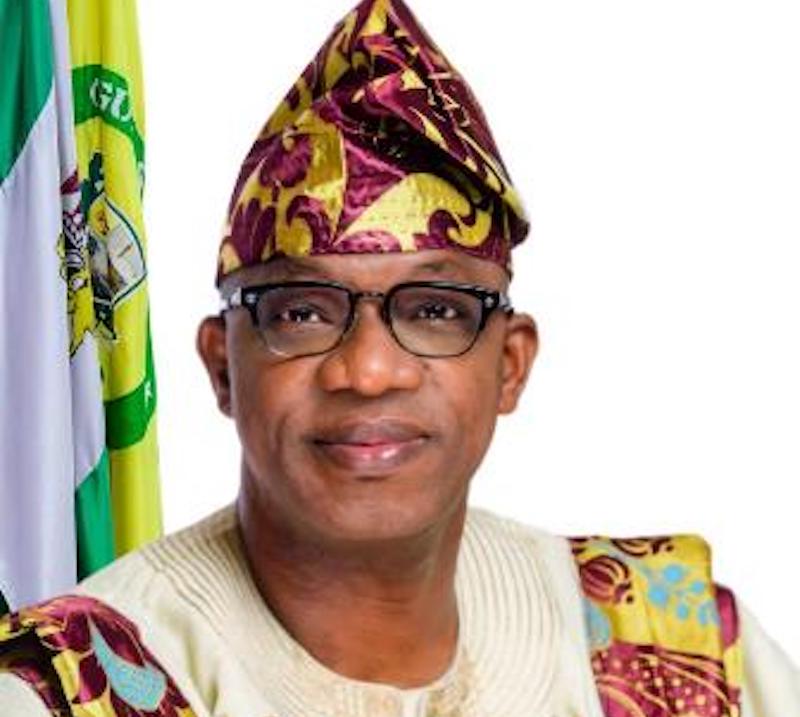
SERAP Backs EFCC’s Probe Of Obasanjo Govt’s $16bn Power Project
Socio-Economic Rights and Accountability Project (SERAP) has welcomed “the reported probe by the Economic and Financial Crimes Commission (EFCC) of the government of former president Olusegun Obasanjo’s $16 billion power project as an opportunity for the anti-graft agency to show that former heads of state and other high-ranking public officials are not immune from investigation and prosecution for allegations of grand corruption in Nigeria.”
The organization said: “This probe is something, which SERAP has consistently called for. Nigerians have for far too long been denied justice and the opportunity to get to the bottom of why they continue to pay the price for corruption in the electricity sector–staying in darkness, but still made to pay crazy electricity bills.”
According to reports, the EFCC has begun the probe of the $16 billion power project of the administration of former President Olusegun Obasanjo. While some put the exact cost of the project at $16 billion others say it is $13.8 billion. Key contractors and about 18 top public officers allegedly involved in the power project scam during the Obasanjo administration, and those of former Presidents Umaru Yar’Adua and Goodluck Jonathan, may also be arrested.
In a statement today by SERAP deputy director Kolawole Oluwadare, the organization said: “The probe is timely, especially coming at a time of citizens’ frustrations at persistent allegations of corruption and the impacts on their human rights. Investigating allegations of grand corruption and prosecuting former heads of state and other high-ranking officials where such allegations show relevant and sufficient admissible evidence would address the grave travesty that has for many years occurred in the power sector.”
The organization also said: “The EFCC should urgently invite anyone suspected to be involved for questioning. The agency should also expand the probe to cover the alleged squandering of a total of N11 trillion in the power sector between 1999 and 2015, and the unresolved case of the reported missing $12.4 billion oil windfall, allegedly spent between 1988 and 1993 by the government of former military dictator, General Ibrahim Babangida.”
The statement read in part: “The EFCC has the full support of Nigerians in its efforts to hold high-ranking public officials to account for grand corruption, and if consistently, fairly and diligently pursued, this probe would contribute to ending impunity for corruption, and to mobilizing and encouraging youth civic engagement in the anti-graft fight in the country. SERAP stands ready to work with the EFCC in pursuing all allegations of grand corruption.”
“SERAP notes that former presidents have routinely faced corruption charges in countries like Iceland, Kyrgyzstan, Brazil, Montenegro, South Korea, Pakistan, Zimbabwe, South Africa, Slovakia, Peru, and Mauritius, and the probe by the EFCC would mean this list would grow even further to include Nigeria.”
“Impunity for grand corruption will continue as long as high-ranking public officials go largely unpunished for their alleged crimes. It is by pursuing these allegations and taking the evidence before the court that the truth will be revealed and justice best served. Addressing impunity in the power sector should be total. This would help to further public perception of fairness and thoroughness.”
“Lack of regular electricity supply in the country had occasioned many other problems, including lack of access to potable water. The failure by successive governments to tell Nigerians the truth about allegations of corruption in the power sector amounts to a failure to ensure that electricity services are progressively made available, on the basis of equality and non-discrimination.”
“In November 2016, SERAP petitioned the former Chief Justice of Nigeria, Walter Onnoghen, urging him to probe the alleged spending of the $16 billion. In April 2017, SERAP sent President Muhammadu Buhari an open letter, advising him to take allegations of corruption in the power sector to the international criminal courts to ensure that justice is served.”
“SERAP has also called on Mr Buhari to refer the alleged $16 billion spending on electricity between 1999 and 2007 to the EFCC. Mr Buhari subsequently raised questions over the issues, saying that ‘one of the former Heads of State was bragging that he spent more than 15 billion American dollars, not naira, on power. Where is the power? Where is the power?’”
“In August 2017, SERAP published a report, ‘From Darkness to Darkness: How Nigerians are Paying the Price for Corruption in the Electricity Sector’, which revealed how over N11 trillion meant to provide regular electricity supply was allegedly squandered under the governments of former presidents Olusegun Obasanjo, Umaru Musa Yar‘Adua and Goodluck Jonathan.”
The report reads: “The Obasanjo’s administration spent $10 billion on NIPP with no results in terms of increase in power generation. $13.278,937,409.94 was expended on the power sector in eight years while unfunded commitments amounted to $12 billion.”
“The Federal Government then budgeted a whopping N16 billion for the various reforms under Liyel Imoke (2003 to 2007) which went down the drains as it failed to generate the needed amount of electricity or meet the set goals. Imoke was alleged to have personally collected the sum of $7.8 million for the execution of the contract for the construction of the Jos-Yola Transmission Line, which was never executed. There were documented/reported allegations of corruption against Imoke that fizzled-out shortly thereafter.”




